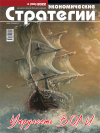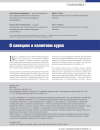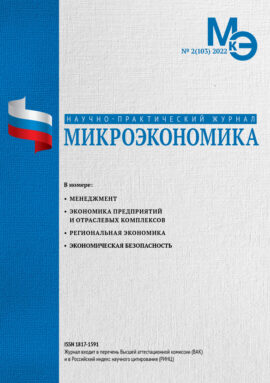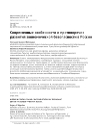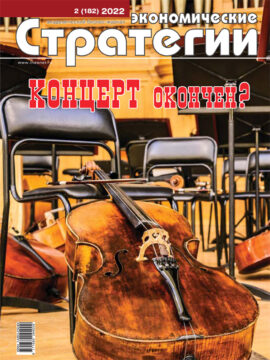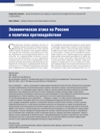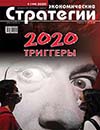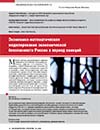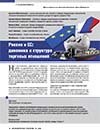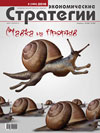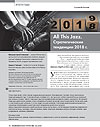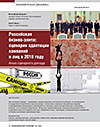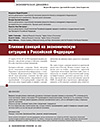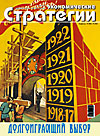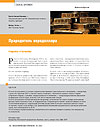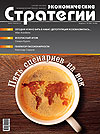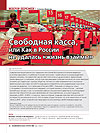On Sanctions and the Exchange Rate
DOI: https://doi.org/10.33917/es-4.184.2022.17-21
The article emphasizes that freezing of Russian gold and foreign exchange reserves was previously accurately predicted by Russian experts. Attention is drawn to the fact that weakening of the ruble was one of the goals of the sanctions impact on the Russian economy that Western countries were bearing in mind. It is obvious that the exact opposite — preventing its depreciation and turning the ruble into a stable strong currency — is an anti-sanction measure. With high dependence of the Russian economy on imports, as well as in the situation when it is necessary to find alternative ways for imports (primarily for investment), which will lead to their higher prices with corresponding consequences, an excessive exchange rate depreciation may adversely affect economic development, especially in a long term. In addition, extremely important is ensuring stability of the exchange rate. It is concluded that stable and non-depreciating ruble will form the basis for consistent development of business and expand the possibilities for using the ruble in foreign trade settlements as well. It is particularly relevant in the context of restrictions on the use of leading currencies in foreign trade.
Источники:
1. Ershov M.V. Sanktsii protiv RF: mekhanizmy neitralizatsii [Sanctions Against the Russian Federation: Neutralization Mechanisms]. Ekonomicheskie strategii, 2017, no 7, pp. 46–51.
2. Baiden ogovorilsya, zayaviv, chto dollar stoit 200 rublei [Biden Made a Slip of the Tongue Saying That the Dollar is Worth 200 Rubles]. RIA Novosti, 2022, March, 26, available at: https://ria.ru/20220326/bayden-1780271172.html.
3. Sanktsii SShA protiv TsB i Minfina perekroyut dostup k rezervam dlya podderzhki rublya [US Sanctions Against the Central Bank and the Ministry of Finance will Block Access to Reserves for Supporting the Ruble]. Interfaks, 2022, February, 28, available at: https://www.interfax.ru/business/825191.
4. Bank Rossii. O chem govoryat trendy [Bank of Russia. What are the Trends Saying?]. BCS Express, 2022, April, 22, available at: https://bcs-express.ru/novosti-i-analitika/bank-rossii-o-chem-govoriat-trendy.
5. SMI: EK zayavila, chto ukaz ob oplate gaza v rublyakh narushaet sanktsii ES [Media: EC Said That the Decree on Gas Payments in Rubles Violates EU Sanctions]. RIA Novosti, 2022, April, 14, available at: https://ria.ru/20220414/gaz-1783434893.html.
6. Russia’s ruble is the strongest currency in the world this year. CBS NEWS, 2022, May, 27, available at: https://www.cbsnews.com/news/russia-rublecurrency-2022/
7. Ershov M.V. Valyutnaya politika kak faktor natsional’noi bezopasnosti [Monetary Policy as National Security Factor]. Ekonomicheskie strategii, 2015, no 4, pp. 20–29.
8. Washington Times. 2015, April, 30.
9. Ershov M.V. Ekonomicheskii suverenitet Rossii v global’noi ekonomike [Russia’s Economic Sovereignty in the Global Economy]. Moscow, Ekonomika, 2005, 280 p.
10. BIS. Quarterly Review. International banking and financial market developments. June 2022.


